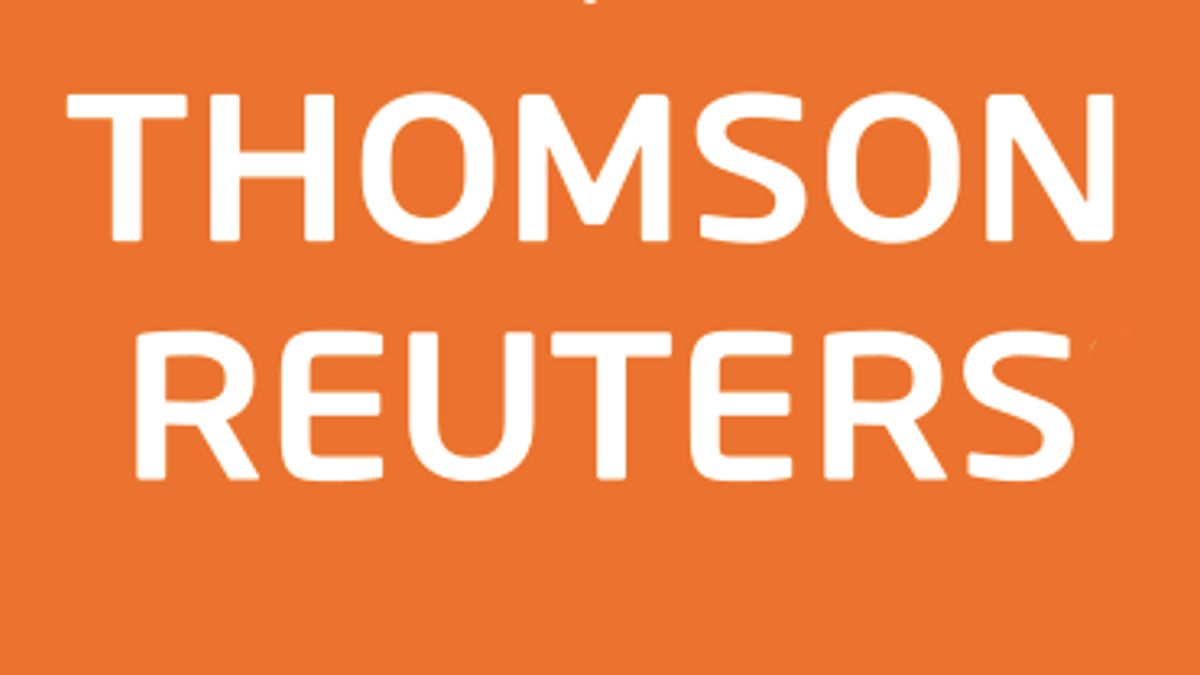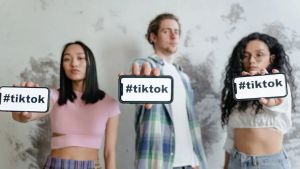JAKARTA - The jury must decide on the outcome of a lawsuit by information services firm Thomson Reuters, who claims that Ross Intelligence has violated by copying content from its legal research platform, Westlaw, to train their artificial intelligence platform.
This decision was made by the United States Federal Judge, Stephanos Bibas, and could be one of the first trials related to the use of unlicensed data to train artificial intelligence systems.
Other tech companies, including the Microsoft-backed Meta Platforms, AI Stabilities and OpenAI, are also facing lawsuits from copyright owners over the use of their work to train the company's generative AI software.
Thomson Reuters spokesman, parent company Reuters News, said they hoped to present evidence to the jury. They said the lawsuit was related to theft by Ross Intelligence against Thomson Reuters' comments, analysis and organizational systems. Ross's representative has not yet responded to this issue.
The lawsuit filed by Thomson Reuters in 2020 alleges legal research firm Ross Intelligence copied Westlaw's "headnotes", which summarizes legal points in court opinion. Thomson Reuters accused Ross Intelligence of misusing thousands of these headnotes to train their artificial intelligence-based legal search engine.
Ross claims they closed their platform in January 2021 due to costs from litigation deemed "baseless." Reuters could not confirm if they actually shut down the platform.
The two companies have asked the court to win a lawsuit before the trial. Ross argues that they have used Westlaw's headnotes fairly, which will be a key question in legal disputes over generative AI training.
Ross menyatakan bahwa materi Headnotes digunakan sebagai "rasa untuk menemukan pendapat pendapat pengadilan," dan bahwa perusahaan mereka tidak bersaing di pasar untuk materi itu sendiri. Thomson Reuters merespons bahwa Ross memor copy materi tersebut untuk membangun persaingan langsung Westlaw.
اقرأ أيضا:
Bibas said on Monday September 25 that the jury should decide on reasonable use issues and other questions, including the extent of Thomson Reuters' copyright protection of headnotes. He noted that there are factors in reasonable use analysis that support each party.
The judge said he could not determine whether Ross "changed" Westlaw's material into "a completely new research platform that serves different goals," which is often a major question in reasonable use.
Bibas also said that he could not decide whether a decision for Ross or Thomson Reuters would be better off serving the public interest.
"Here, we are faced with a very debated question," said Bibas. "Is it for the public interest if AI is trained with copyrighted material?"
The English, Chinese, Japanese, Arabic, and French versions are automatically generated by the AI. So there may still be inaccuracies in translating, please always see Indonesian as our main language. (system supported by DigitalSiber.id)


















